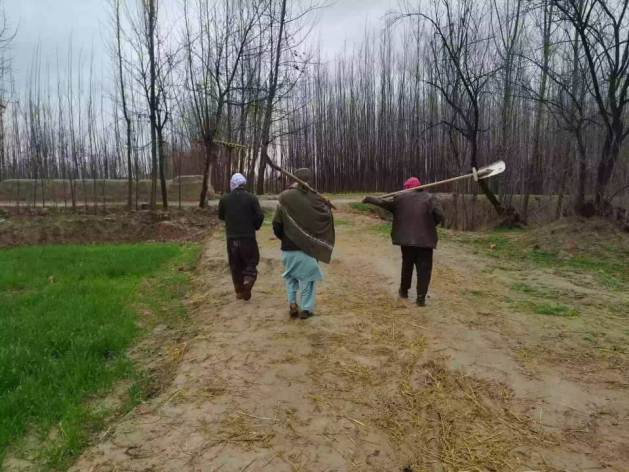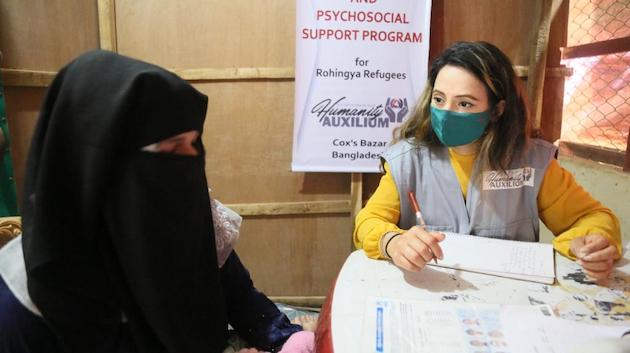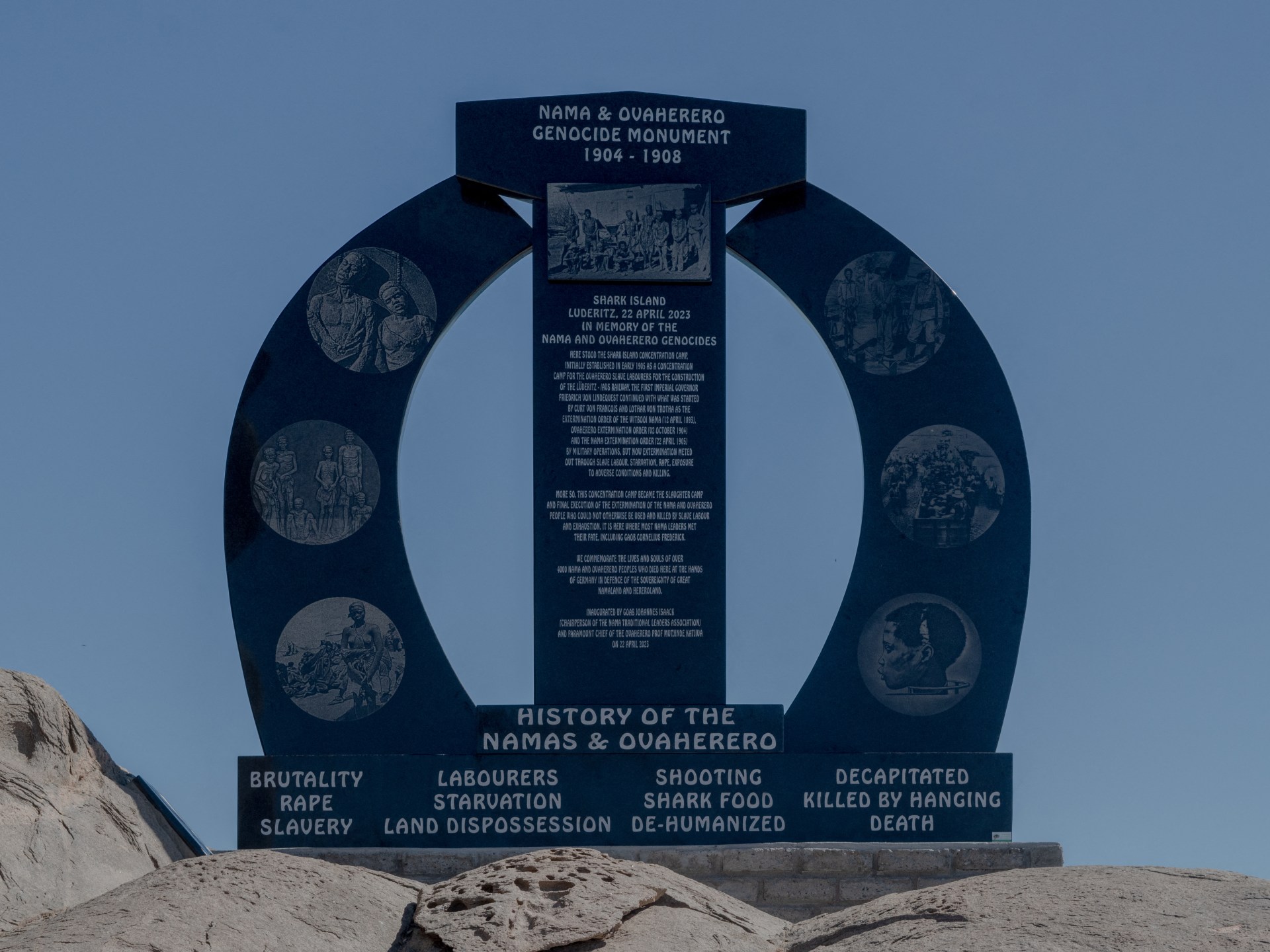Drought-Displaced Afghan Peasants Yearn for Their Rural Life — Global Issues
Jul 17 (IPS) – The author is an Afghanistan-based female journalist, trained with Finnish support before the Taliban take-over. Her identity is withheld for security reasons.Baba Jan, 60, a farmer in Badghis Province in Afghanistan has been forced to leave his home, not because of the war but due to the worst drought he has ever experienced. It is the second time this year he has been forced to leave his cherished home and life in the rural area for capital city, Kabul.
“If I could have stayed in Badghis, and even if you would have given me all of Kabul, I would not have come here”, he lamented, adding, “I loved my peasant life very much, and I miss my peasant life”, he said, covering his sad face with a shawl.
However, Baba Jan is not alone. A large number of farmers have suffered the same fate. Their lives in the western provinces of Afghanistan have been upended, with the loss of their agricultural products, livestock, and water resources caused by severe draught, largely understood to stem from climate change.
Baba Jan is now living with his three younger children in a mud hut in Kabul. The adverse situation has forced him to send his four grown-up children to work in Iran.
“We don’t care much about the war”, he says. “We were happy and busy with our peasant life but our children faced the risk of dying of hunger due to drought caused by climate change”.
Afghanistan is one of the countries that has been severely affected by climate change. The United Nations declared in 2022 November that Afghanistan is the sixth country in the world that has been severely affected by climate change.
It is one of the major concerns in the life of the people of Afghanistan – apart from the four-decades war that has ravaged this country – especially for the farmers and ranchers who cannot properly engage in livestock rearing and farming activities.
Apart from scorching hot summers with temperatures reaching 45 degrees Celsius, the situation can also swing to the other extreme of freezing harsh winters. As a result of the cold winter, about 200 people have lost their lives this year; hundreds of livestock have also been lost.
United Nations organizations have provided financial assistance to affected Afghans to alleviate their suffering, but they complain it is not enough for those in the drought-stricken areas, where what is needed most is assistance to drill wells in order to access fresh drinking water.
Even though current statistics are difficult to come by, says Obeidulla Achakzai, Director of Environmental Protection Trainings and Development Organization (EPTDO), a combination of reduced rainfall and frequent droughts have caused groundwater in Kabul to recede further from 20 meters thirty years ago to 120 meters currently.
The main source of livelihood for most Afghans is farming and if rain fails consecutively for four farming seasons, it causes huge food distress and population displacement. Climate change therefor exacerbates the poverty in a worn-torn country.
Obeidullah Achakzai says, for instance, that residents of Herat, Helmand, Uruzgan and other southern provinces of Afghanistan have lost their crops and have been displaced to other provinces within the country and into neighbouring countries.
Given this situation, people in Afghanistan are appealing to the global community to detach climate change from politics because environment is science and science is not political. In this regard, they call on the rest of the world to co-operate with Afghanistan – a reference to western countries denial of aid to the hardline Taliban regime.
Meanwhile, back in Kabul, Baba Jan like the other Afghans who have been displaced from their communities is fervently praying for the day he would be able to return home and continue his farming.
© Inter Press Service (2023) — All Rights ReservedOriginal source: Inter Press Service
Check out our Latest News and Follow us at Facebook
Original Source






